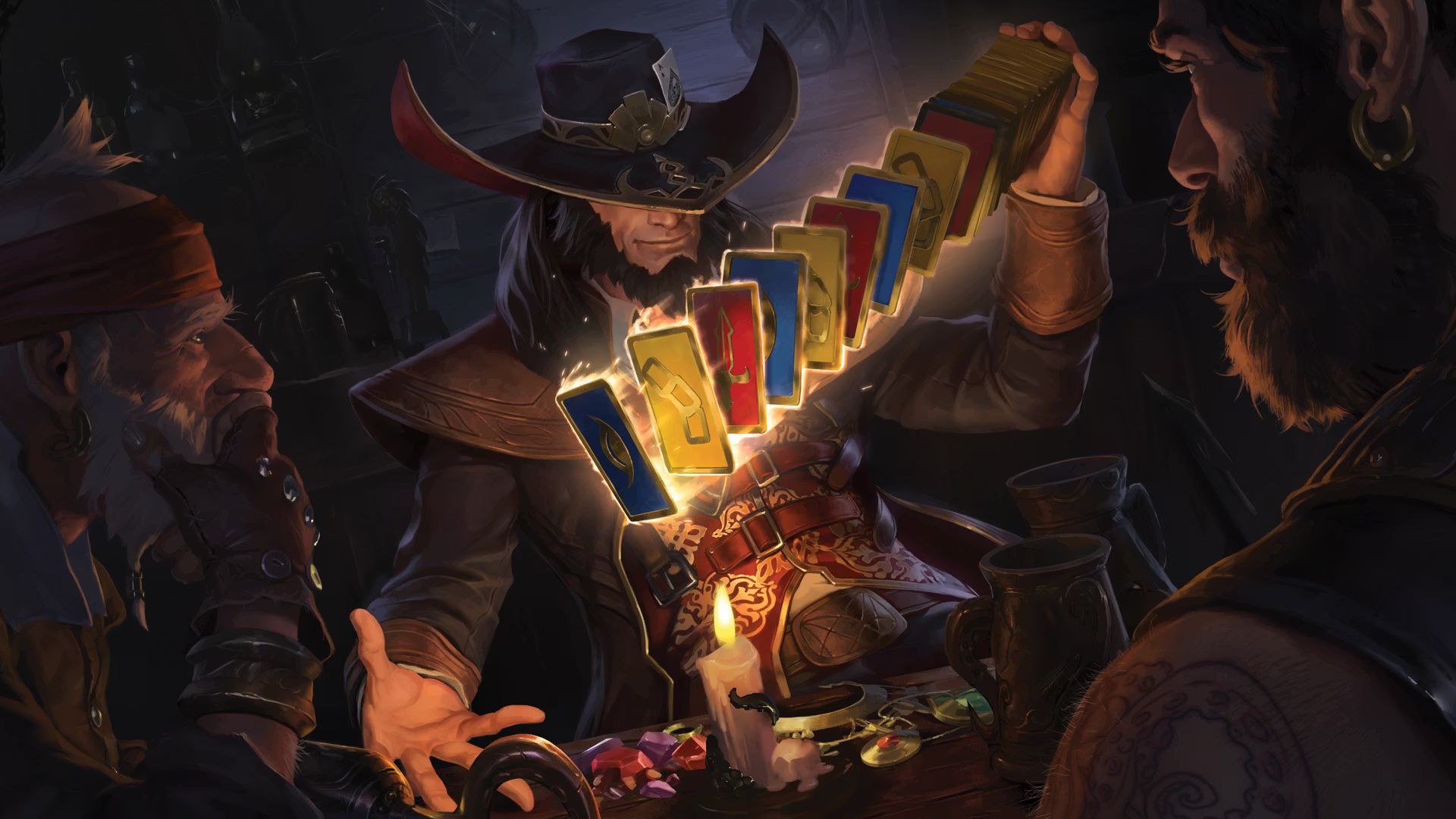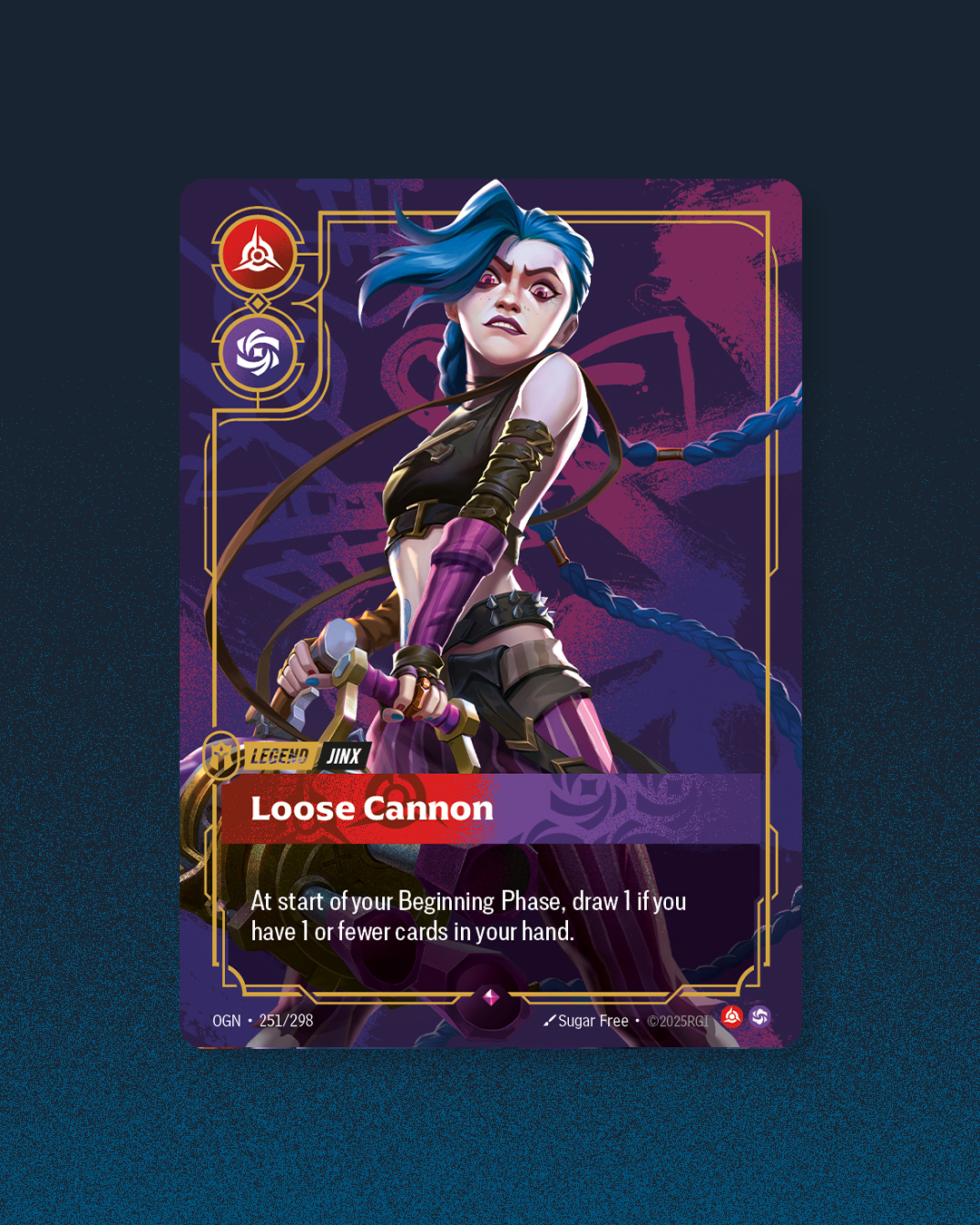Buying and selling Card Video games are in an odd place. They’re most likely extra common than ever, with extra taking part in them than ever. Given Magic: The Gathering’s latest huge concentrate on crossover occasions, which makers of Wizards of the Coast hold reporting as being phenomenally profitable, they’re most likely making extra money than ever.
On the similar time TCGs are nonetheless competing for consideration with the final decade’s big development within the resurgent board recreation, miniatures wargame, and roleplaying recreation communities. They’re additionally sharing area with digital card video games, which give many individuals the strategic expertise of taking part in a TCG with out the social one.
However Magic’s nonetheless a juggernaut, with solely two long-term rivals actually sticking round: The Pokémon TCG and Yu-Gi-Oh, neither of that are precise threats to Magic’s throne. In Pokémon’s case just because its viewers is by necessity both youthful or—in lots of instances—merely speculatively amassing reasonably than correctly taking part in. As a result of it is individuals really exhibiting up and taking part in the sport each week that makes it have endurance and worth long-term. The knowledge can be that it is laborious to compete effectively sufficient with Magic that you’re going to really survive on this planet of TCGs, and the highway from the ’90s is suffering from actually lots of of useless ones that did not measure up.
Finest picks for you
So the standard knowledge would inform Riot Video games to not publish Riftbound: The League of Legends card recreation—however they’ve, and maybe the starvation is definitely there this time. Their preliminary print run, regardless of a number of errors, has vanished off cabinets and is being scalped at unbelievable charges. The League of Legends title, the decade-plus driving power of Riot’s success, has clearly acquired sufficient cachet to punch into the TCG market. Whether or not it has the endurance to keep it up is one other query solely—to do effectively it will have to draw individuals who aren’t solely fascinated with LoL, however TCG hardliners who’re in it to point out up and play the sport at their native a number of occasions a month, or journey to conventions for tournaments. That is the sort of loyalty that makes TCGs succeed.
A match of Riftbound makes use of a 40-card deck that focuses on a single considered one of League of Legends’ many Champions, who add their very own distinctive playing cards representing themselves and their talents from two of Riftbound’s six Domains—the colours and theme of the playing cards you play and the rune sources you draw energy from. Decks cannot have playing cards that do not match their core Champion. Like most trendy TCGs, the deck would not embody the useful resource you draw energy from—these come into play two at a time, each flip, from a 12-card deck of coloured runes. To play playing cards they’re both briefly exhausted or despatched again to their draw pile as you play playing cards.
Up to now so good, proper? In the event you play Magic you virtually definitely acknowledge two components which can be essential right here as a result of they’re key to the favored Commander format. In Commander, you rapidly and fairly reliably achieve (and generally lose) sources to play playing cards with, and your whole deck is constructed across the id and theme of a single character. It is generally performed very socially in multiplayer “pods” that fluctuate from place to put.
Problematically for Magic, Commander is performed with a 100-card deck that does not work with Magic’s aggressive codecs, and a few gamers even complain of it driving down curiosity in Magic’s aggressive 60-card codecs. For these gamers, between the format battle and the sometimes-unwelcome crossover occasions, Magic is preventing itself.
Riftbound, alternatively, makes use of the one-deck format for its whole present ruleset, which is designed from the bottom as much as work in two-player duels, two-on-two workforce video games, and four-player free for alls. It is designed in order that the identical decks you employ on your social multiplayer format are additionally suited—or a minimum of suitable with—extra aggressive play. It is also designed such that I believe you may even play draft or sealed codecs with that very same flexibility. (Clutch for retaining gamers like me, who take pleasure in plopping down cash on the thrilling uncertainty of a sealed occasion however do not actually wish to accumulate.)

I would add, after taking part in a dozen matches of Riftbound, it really does appear to work effectively that approach. It is naturally scaling, with gamers preventing for management of battlefields that their very own deck brings to the desk every match. Controlling a battlefield brings factors, and factors convey victory, however the primary mechanics of Riftbound imply that solely two gamers at a time can contest a battlefield, with an attacker both taking it over or retreating by the tip of their flip. There are additionally comparatively restricted home windows when you’ll be able to play playing cards that react to or alter combats between items, however you’ll be able to nonetheless invite chaos by bringing exterior gamers into any given two-person battle. In brief, the madcap complexity of Magic-style precedence guidelines and turns and phases do not come up practically as usually.

I by no means felt like I wanted a choose at my own residence recreation desk, however I did come throughout loads of attention-grabbing nook instances that required a have a look at the foundations. In brief, even when it is difficult and the alternatives are attention-grabbing, the general format is pretty easy. It is a clear signal that Riftbound’s core guidelines and preliminary units have been designed for each informal and aggressive play.
What additionally makes me suppose that Riftbound might pull it off is that I do not query Riot’s skill to push an excellent tabletop recreation. Their 2016 board recreation launch Mechs vs. Minions was a rattling good recreation. It hasn’t been reprinted lately, and sells for a number of occasions its authentic worth on the secondary market. Equally, Riftbound main writer UVS has managed to maintain their different card video games alive within the crowded, cutthroat market.
However it’s adequate that even when Riftbound would not take off it might effectively develop a cult neighborhood that retains taking part in it—just like the much-bereaved Android: Netrunner or killed-then-revived miniatures recreation Heroscape. In my view, I will be watching Riftbound progress with curiosity. If they will sustain the tempo of attention-grabbing recreation design, good releases, and meet demand they will have a robust begin. If they will draw gamers from different card video games, particularly ones who do not know jack about League of Legends’ many characters, then I believe they is perhaps onto one thing.


![[DEV] Free(no advertisements) multiplayer 1v1 board recreation based mostly on an outdated Russian puzzle guide that i’ve](https://i3.wp.com/external-preview.redd.it/suADfhst8CYkG37KQNbD-RDV4AYCWmRKVzGWybN3c28.png?width=320&crop=smart&auto=webp&s=4696298a5e409fdce51f8ca7f4c3075639526b93&w=120&resize=120,86&ssl=1)



![All the things Introduced At The State Of Play [February 2026]](https://i2.wp.com/cdn.psxe.net/2026/02/february-state-of-play-roundup-psx-extreme.jpg?w=120&resize=120,86&ssl=1)
